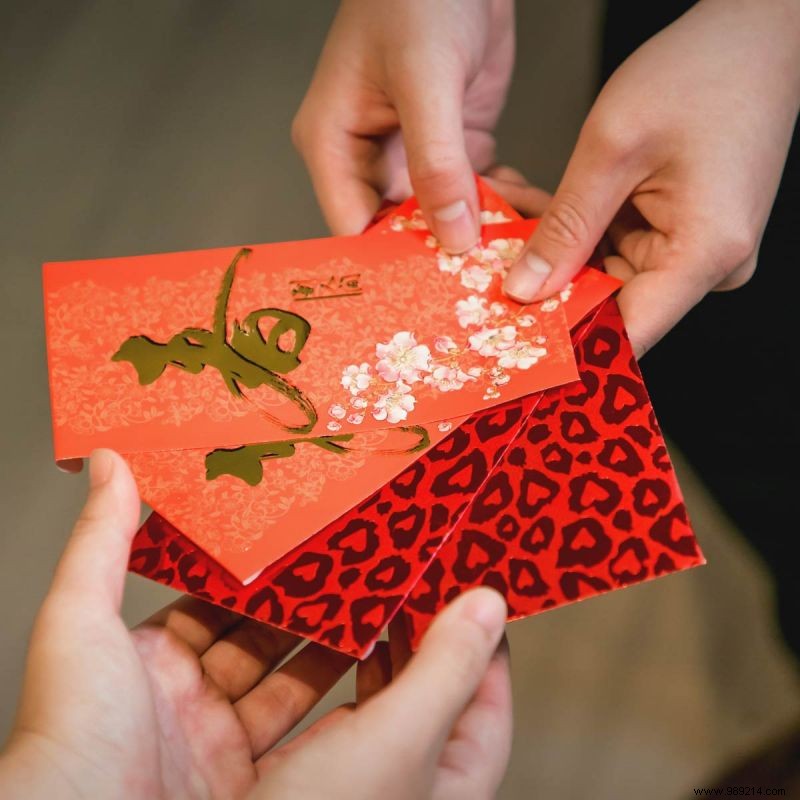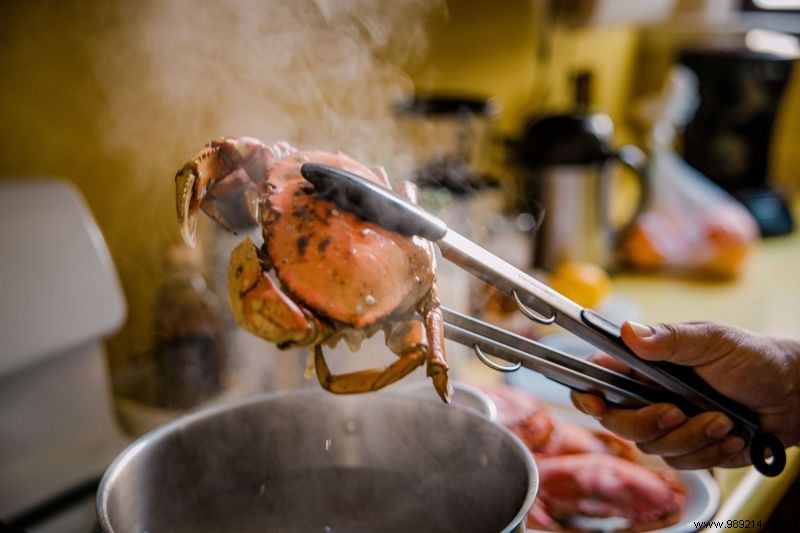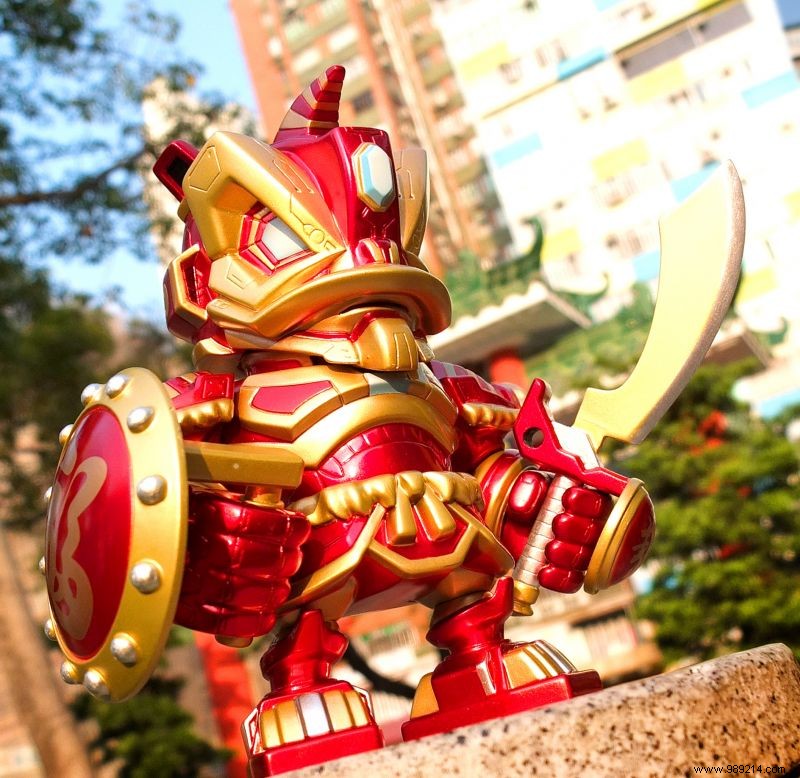According to the Chinese lunar calendar, the New Year begins on February 12, marking 2021 as the Year of the Ox—the second sign in the zodiac, following the dynamic Year of the Rat in 2020. While Hong Kong has hosted spectacular citywide celebrations in past years, 2021's festivities shifted to virtual events or intimate family gatherings. At the heart are time-honored rituals believed to usher in good luck and prosperity.
The Chinese New Year, the oldest and most significant festival in Chinese culture, aligns with the lunar calendar and typically falls between late January and mid-February. Families in China and Hong Kong reunite on the first day of this 15-day celebration to honor ancestors, share stories, and feast together. It culminates in the Lantern Festival, where children carry glowing red lanterns to temples. For Hong Kong residents, this period radiates hope for peace, prosperity, health, and happiness amid vibrant decorations, lion dances, and bustling flower markets filled with heartfelt greetings.
The Year of the Ox promises vigorous activity and dynamic energy. Hong Kong locals proactively embrace customs to secure a bright start. Preparations begin a month early, involving gifts, decorations, new clothes, and festive ingredients.

Superstitions guide preparations: many avoid haircuts or new shoes before the holiday to ward off misfortune. Beyond appearances, it's a time for gratitude and connection. Families withdraw cash for red packets (Lai See), distributed to children, relatives, friends, and staff—symbols of joy, fortune, and blessings for the young. On New Year's Day, revelers don red attire, believed to repel evil spirits.
Your Home: The Heart of Prosperity The family reunion dinner stands as the pinnacle of traditions. In Hong Kong, shrimp ('ha,' evoking laughter) feature prominently as harbingers of joy. Signature dishes include egg noodles with crab meat, stewed vegetables with red fermented bean curd—for spiritual cleansing rooted in Buddhist practices—and plum blossoms circled clockwise for romance.

Hong Kong celebrates with fervor, transforming homes into sanctuaries. Red lanterns draw positive energy, while bamboo and water fairy flowers from Mong Kok market symbolize health and unity. Fallen blossoms stay untouched, orange trees revered for wealth—dried peels scent the air. These rituals provide continuity amid change. Homes undergo deep cleaning beforehand to sweep out old energies, donating unused items; cleaning during the holiday invites bad luck, ensuring a fresh welcome for the new year.

The Lion Dance: A Modern Twist on Ancient Ritual
The lion dance, performed by two in a single costume to rhythmic music, chases away evil like the mythical 'Nian' beast. Hong Kong favors the southern style, especially the Foshan lion. A local toy designer reimagines it through 'Invincible Mascots' robots, blending tradition with futurism: in 2085, hero Yinan defeats the Nian amid climate woes, reviving the festival.
Guanyin Loan-Granting Day: Seeking Divine Fortune On the 26th of the first lunar month, devotees flock to Guanyin temples for 'loans' of luck. Feng Shui expert Mak Ling Ling traces it to 500 arhats receiving alms. Worshippers offer incense, flowers, or vegan fare, inscribe red papers with sums (30 million to 1 billion) and wealth zodiacs, receiving red packets. Repayment by year's end builds 'credit' for future blessings—a practice evolving from niche groups to widespread custom.